Apple blocks purchases of two or more of the same iPhone model

Earlier this month we told you that some Apple iPhone models in certain configurations and colors are in short supply. Several carriers in New York City have been stockpiling iPhone units in their warehouses leaving very few handsets in individual stores. And some consumers were unable to walk out of such a store with a new iPhone in hand and had to settle for two-day delivery. That, of course, was before the coronavirus forced Verizon to close most of its retail stores. T-Mobile has shuttered its retail locations found in shopping malls.
Earlier this week, Apple quietly extended the closing of all brick and mortar Apple Stores throughout the world (except for the 42 locations that have reopened in China). Instead of stating that the shuttered locations were closed through March 27th as it did originally, the Apple's website now says that "Our retail stores are closed until further notice."
- iPhone 13 release date, price, features, and specs
Apple is limiting Apple Store customers to the purchase of no more than two units of the same iPhone model
Today, CNBC reports that Apple is limiting the number of iPhone units that a customer can buy this week to two units of each model per person. Someone could purchase more than two if they buy different models. For example, someone could buy two iPhone 11 and two iPhone 11 Pro models at the same time. The restrictions are imposed on the iPhone 8, iPhone 8 Plus, iPhone XR, iPhone 11, iPhone 11 Pro, and iPhone 11 Max. There are also limits on the purchases of the new 11-inch and 12.9-inch iPad Pro (2020) models that Apple unveiled yesterday and started shipping today.
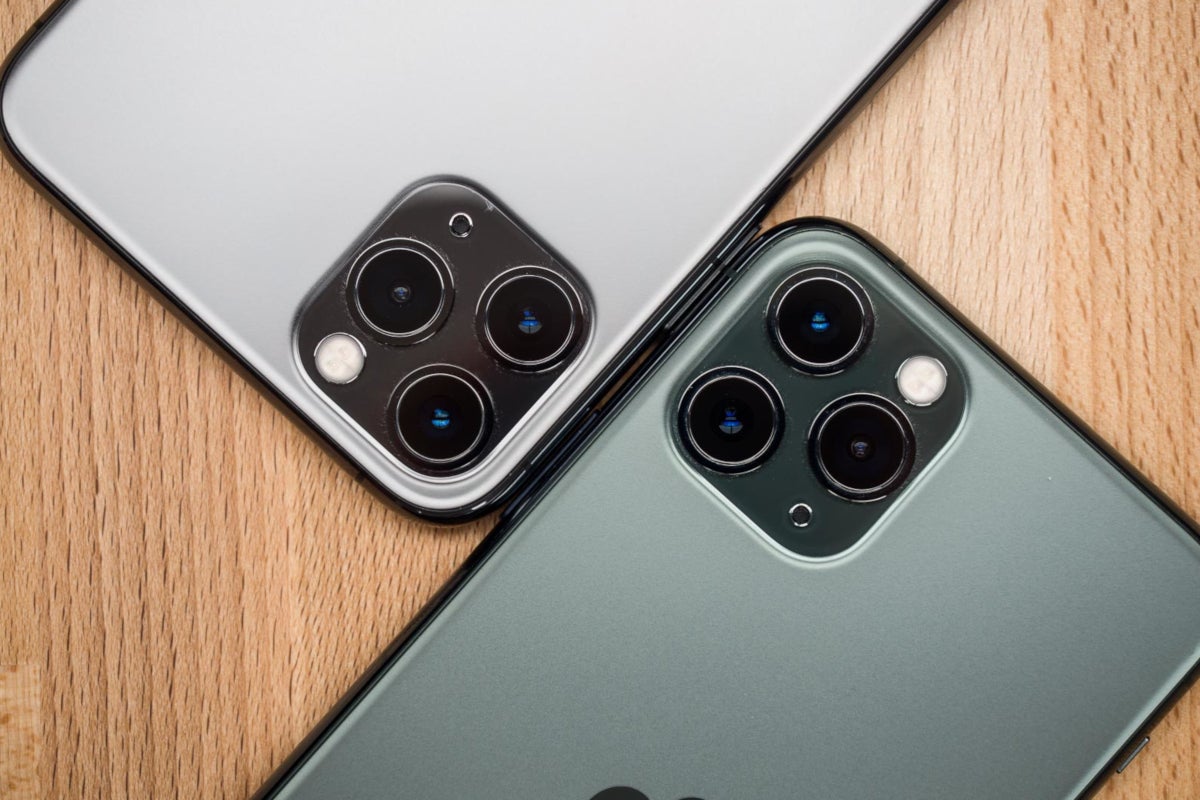
Apple limits the number of units an Apple Store customer can buy of the same iPhone model
This isn't the first time that Apple has limited iPhone sales. Back in 2007, Apple allowed consumers to purchase two OG iPhone units at one time. This was done to prevent hustlers from reselling the sizzling hot new smartphone at ridiculously high prices. Move ahead 13 years, and a pandemic has impacted Apple's supply chain and manufacturing partners. And just as it did with the original iPhone, Apple is restricting purchases so that people can't take advantage of the limited supplies of the device to score huge profits. Back on February 17th, Apple warned, "While our iPhone manufacturing partner sites are located outside the Hubei province — and while all of these facilities have reopened — they are ramping up more slowly than we had anticipated."
On the Apple Store page that discusses the policies of the site, Apple explains that it has the right to limit the number of units of a particular iPhone model or any Apple device that a customer can purchase. The company says, "Given the popularity and/or supply constraints of some of our products, Apple may have to limit the number of products available for purchase. Trust us, we’re building them as fast as we can. Apple reserves the right to change quantities available for purchase at any time, even after you place an order. Furthermore, there may be occasions when Apple confirms your order but subsequently learns that it cannot supply the ordered product. In the event we cannot supply a product you ordered, Apple will cancel the order and refund your purchase price in full."
The current restrictions that Apple has placed on purchases from the Apple Store apply to all countries, not just the United States. And for most people, this limit is moot because after all, how many of us purchase three of the same iPhone model from the manufacturer's online store? But CNBC notes that large families might make such a purchase, or companies involved in testing software also might be interested in buying more than two of the same iPhone models. But Apple is concerned that its shrinking inventory of iPhone units is being used by bad actors in an effort to rip off others. If you need to buy three or more of the same iPhone model for some reason, you might want to contact your carrier or a tech retailer like Best Buy.
Follow us on Google News







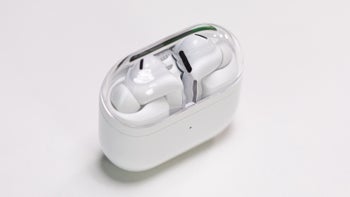
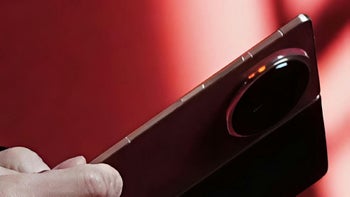
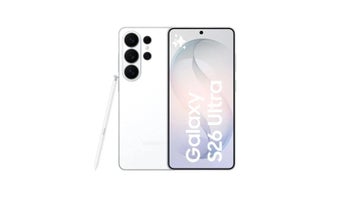
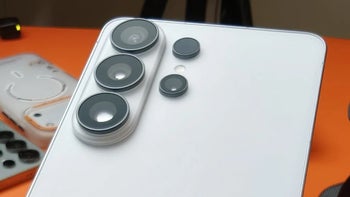
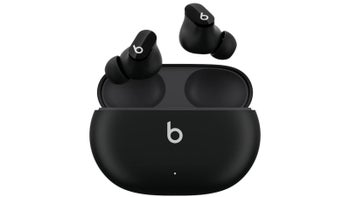
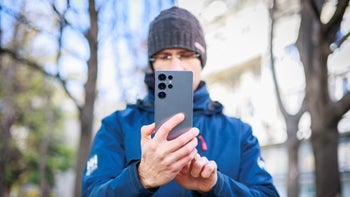
Things that are NOT allowed:
To help keep our community safe and free from spam, we apply temporary limits to newly created accounts: